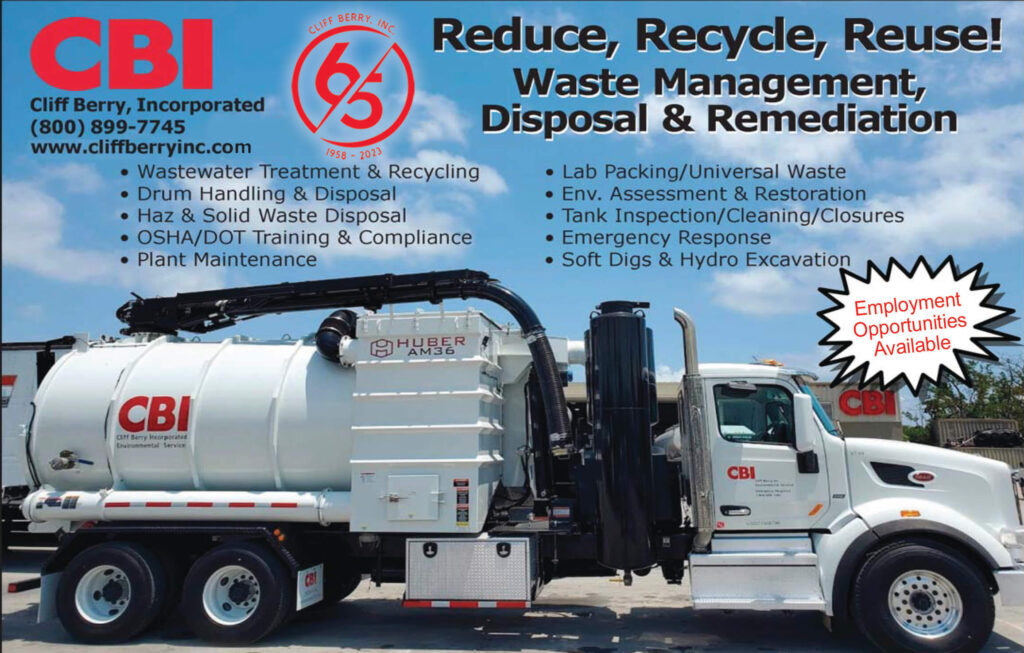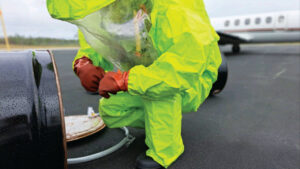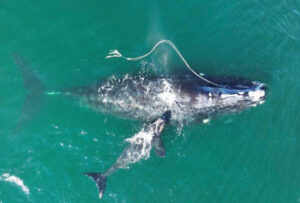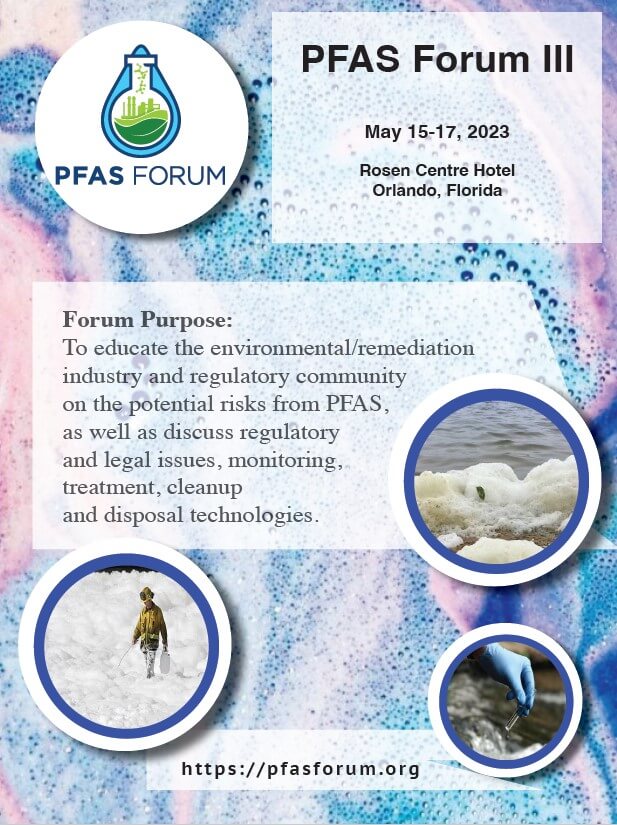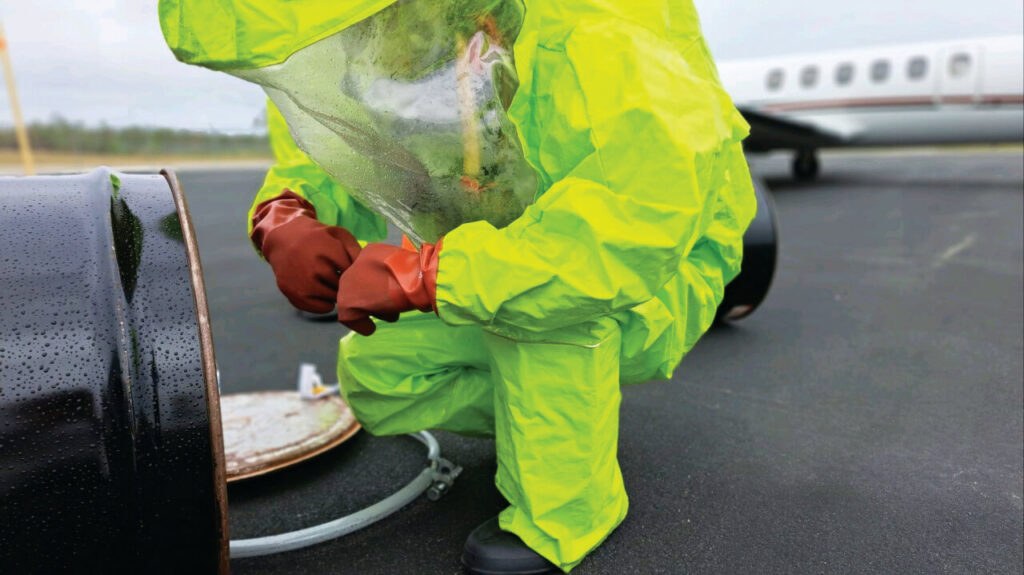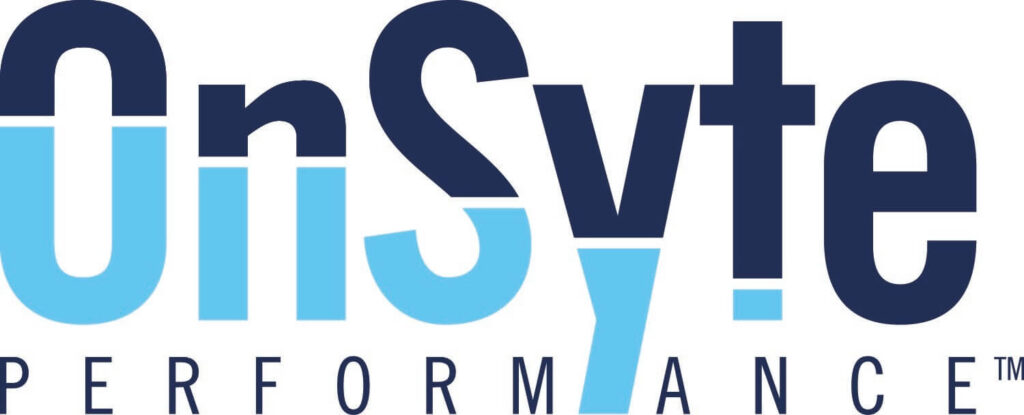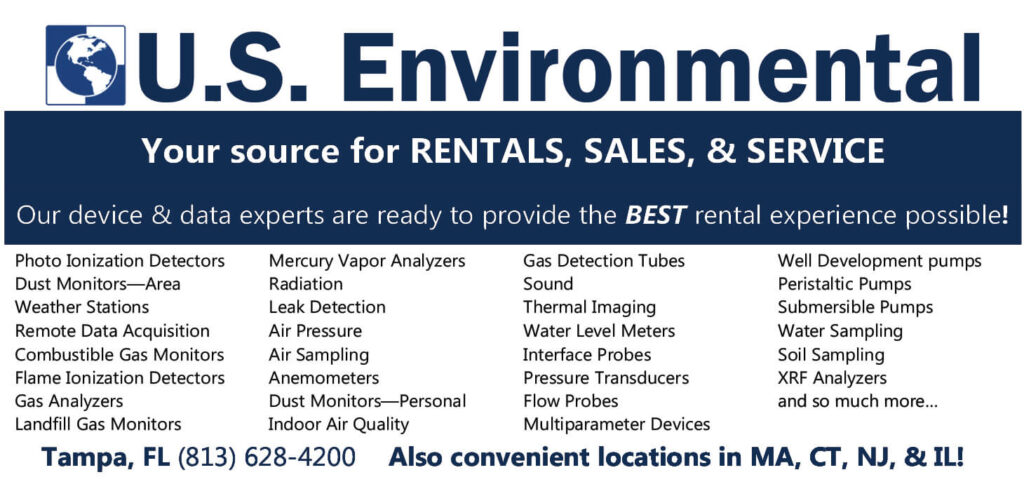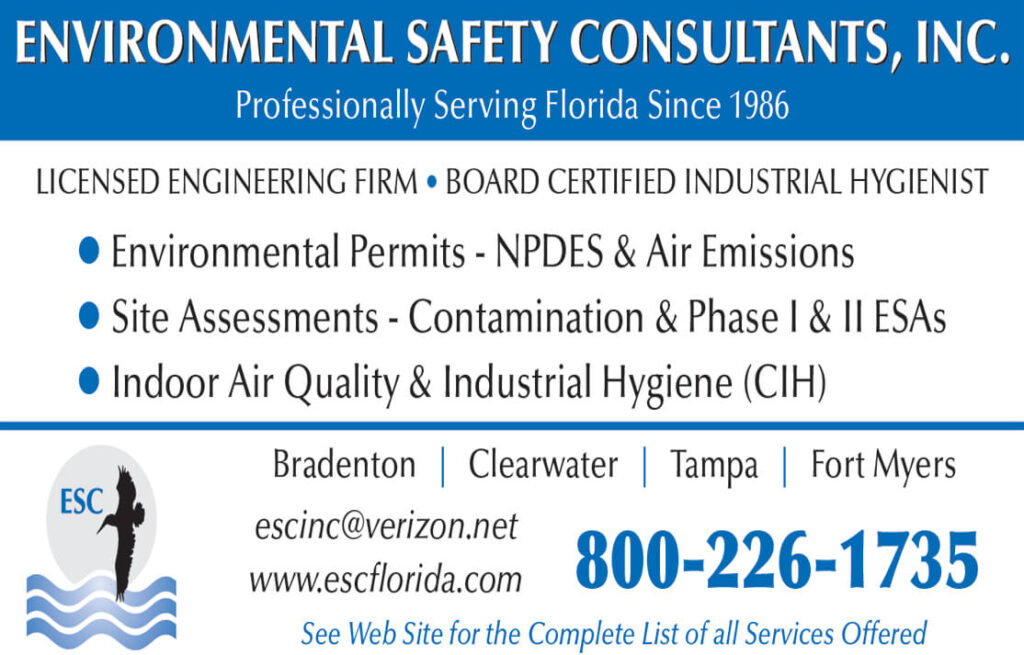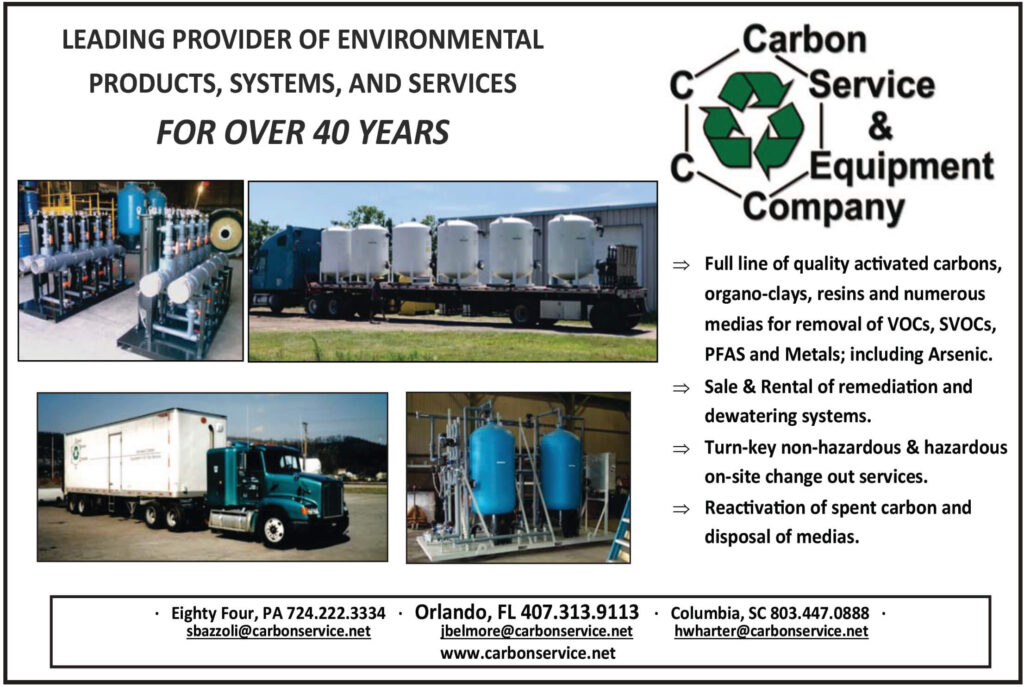Program breaks bad barriers; offers career opportunities
By DAVID CASAVANT,
Principal Investigator,
Sustainable Workplace Alliance

A few years ago, I was having lunch with a colleague discussing the red-hot economy. He noted “everyone was working” and disposable income at all levels was rising. To put an exclamation mark on his comments, he suggested a “rising tide floats all boats.”
I love the metaphor, but it’s not always accurate.
For many, a rising tide just forces them further underwater. For these people, significant barriers to viable employment with a living wage are just not a reality. This is especially true if the person has not finished high school, has limited job experience, or is “justice-involved.”
However, a solution to these barriers exists and has been around for more than 25 years.
The National Institute of Environmental Health Sciences (NIEHS) Environmental Career Worker Training Program (ECWTP) provides training to increase opportunities for individuals from disadvantaged and underserved communities to obtain careers in environmental cleanup, construction, hazardous waste removal, and emergency response.
The NIEHS funds nonprofit organizations to deliver technical skills, pre-employment, and life skills training to these ready-to-work individuals.
In Florida, the Sustainable Workplace Alliance (SWA) has been entrusted to deliver the ECWTP in Puerto Rico, Orlando and throughout Brevard County.
The economic impact
At a macro-level, over the course of 27 years, the ECWTP has boasted impressive results.
The program’s goals are to increase sustainable employment opportunities, promote economic development, and address occupational health disparities. Through these mission-oriented goals, the program has and continues to transform the lives of the program graduates as well as their families and communities.
It also has paid big dividends for the employers who hire graduates.
According to one economic impact study, the ECWTP resulted in a $100 million return on a $3.5 million annual investment from the federal government. The estimated total return on investment (from 1995 to 2013) was $1.79 billion. In addition, the ECWTP:
• Increased the probability of employment by 59% for graduates.
• Resulted in $1.6 million in higher earnings for graduates (due to increased likelihood of employment, more hours worked, and higher wages).
• Reduced government expenditures by $717 million total (due to higher earnings and employment rates, higher taxes, and fewer social assistance costs).
• Resulted in $22.1 million in crime cost savings related to victimization and incarceration (recidivism reduction effect).
What are the local results?
During the past three years, the SWA has delivered ECWTP cohorts in Brevard County and the local results are encouraging.
Our typical, prospective student earns about $10,000 per year, often in part-time, low-paying retail or fast-food work.
They represent the classic “underemployed” segment of the population whose boat does not rise with the economic tide. The per capita income of the typical neighborhood we recruit students from is $24,075, quite low when compared to Brevard County ($36,278) and the State ($35,216).
Upon graduation and employment, our average student earns $33,092 per year and has a viable career path where they can continue to grow and increase their earnings (and value to their employer).
To the ECWTP graduate the benefits are obvious.
To the employer the benefits are significant as well. Finding an appreciative, highly motivated entry level employee is no easy task and the ECWTP continues to deliver graduates fitting the description.
For those concerned about potential employees who are “justice-involved,” the concerns can be minimized with proper vetting.
About 28% of our graduates are justice-involved and to assist us with the vetting process, we have partnered with CareerSource and rely on their very successful RISE program.
This program assists justice-involved individuals’ transition back to the workforce. We have found that if an individual has completed the RISE program, they typically make a great addition to our program and do very well at their new jobs after graduation.
But what about the benefits
for employers?
It’s no secret that finding and retaining qualified and motivated employees is a challenge. This is especially true for entry level positions. When employers hire graduates of the ECWTP, they are assured of an employee who has received safety training, thus reducing risk of injury, while employed and fast-tracking that employee’s onboarding process.
Additionally, the life-skills training each graduate receives helps them assimilate quicker into the new job, which is beneficial to both worker and the employer.
How can you get involved?
Our most-recent cohort started April, 2023, in Cocoa, Florida, and will produce our newest group of ECWTP graduates.
These graduates will be looking for employment with a great organization – maybe yours! Beginning in June, we will be conducting cohorts every two to three months; so the ECWTP could become an effective farm system for your organization.
A highlight for students is when employers visit and discuss what it’s like to work at their company. These “lunch-and-learns” give the students an inside look at the industry and give prospective employers an opportunity to meet and evaluate the students.
Even if you are currently not hiring, but wish to share your experience with these students, participating in a lunch-and-learn is a great way to give back.
Lastly, you could support the ECWTP by helping to reach and recruit potential students for the program.
Our partners, including employers, workforce development boards, faith-based and community-based non-profits are a critical pipeline that help us reach those in the community that are looking to enter the environmental and constructions fields but need a boost.
If you’re outside the Orlando and Brevard County regions in Florida, we have two partners that deliver these environmental cohorts though an EPA grant, in Tampa and in Port St. Joe. We’d be happy to connect you with these organizations and further develop the pipeline that uplifts these communities and your workforce.
A rising tide can indeed float all boats, but only if we work at it together!●
David Casavant is the Principal Investigator at the Sustainable Workplace Alliance. He can be reached at david@sustainablewp.org.
Want to know more?
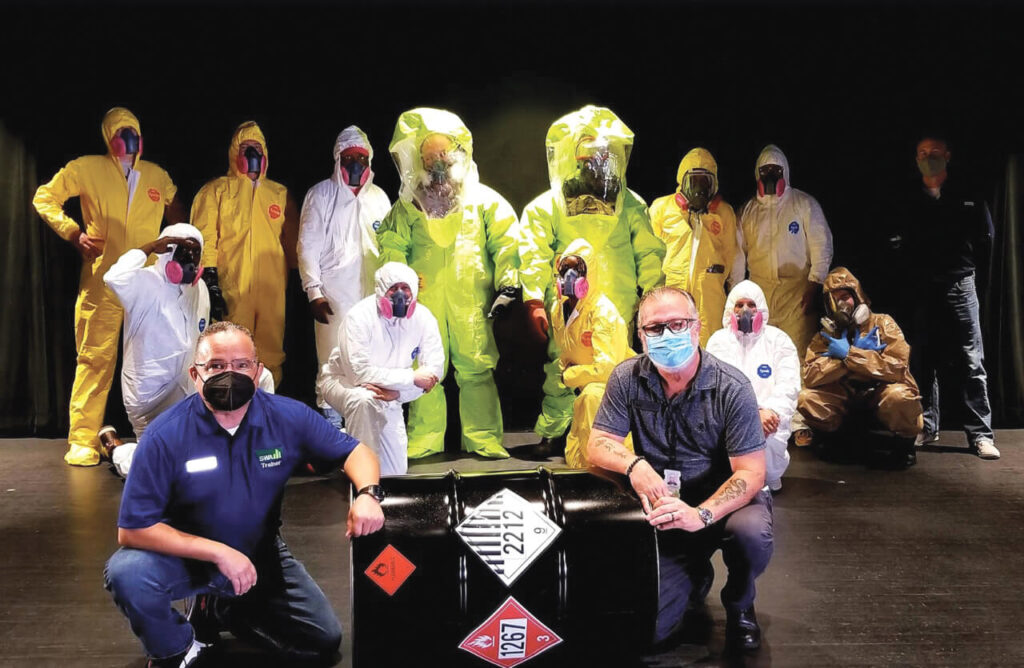
Like to see the ECWTP cohort in action? Scan the QR code and watch a short video, including student interviews. Funding for this project is provided under grant award number U45ES032171-01 by the National Institute of Environmental Health and Sciences.






